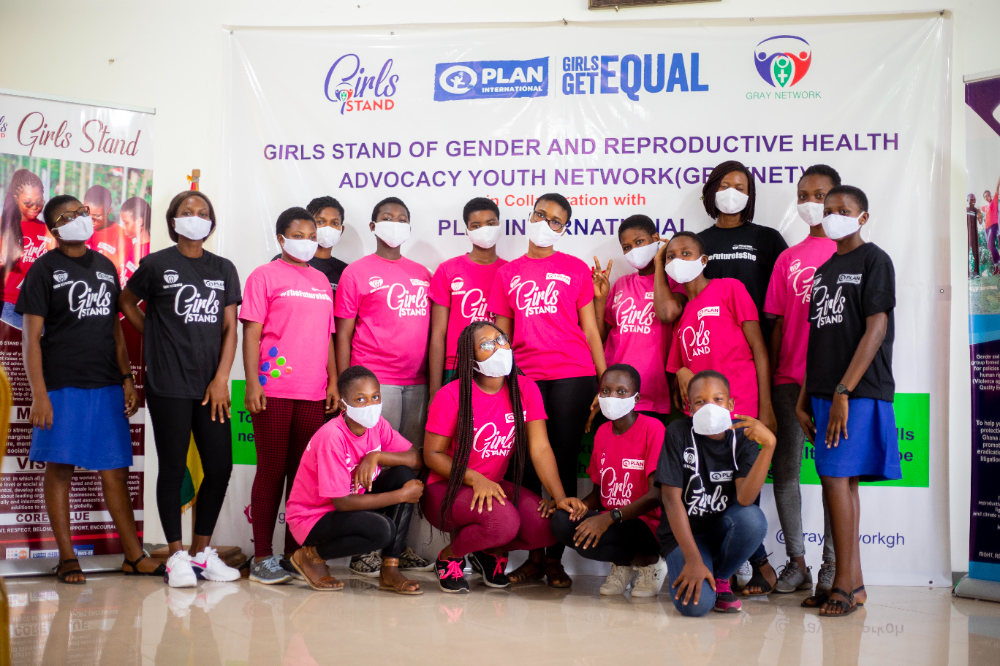In Ghana, adolescents make up 22% of the population, yet they face persistent challenges such as teenage pregnancy, HIV, unsafe abortions, and weak enforcement of SRHR policies. These challenges worsened during COVID-19, leaving many girls more vulnerable to dropping out of school and early marriage. To respond, Gray Network, with support from Plan International WACA (Youth Challenge Fund), implemented TheFutureIsShe Project in North Dayi and Ho Municipality, Volta Region. The project aimed to empower adolescent girls and young women with SRHR knowledge, life skills, and leadership skills to become peer educators in their schools and communities. By doing so, the project sought to reduce teenage pregnancy, SGBV, and HIV, while ensuring girls stay in school.



- Organized a 5-day intensive training for 900 young people, using the PPAG Peer Educators Guide.
- Training covered SRHR, leadership, communication, community mobilization, and organizing skills.
- Established Girls Stand & Adolescent Health Clubs in schools and communities to deliver mentorship, peer education, life skills, and SRHR advocacy through interactive sessions.
- 900 young people trained as peer educators across schools and communities.
- Knowledge on SRHR, life skills, and SGBV prevention increased by 80% among participants.
- 82% of participants reported the training met their expectations; 18% said it exceeded expectations.
- School and community SRHR clubs established with elected executives.
- Participants reported increased confidence, leadership, and assertiveness, becoming change agents in their schools and communities.
- 700 adolescent girls empowered with SRHR knowledge, life skills, and leadership training.
- 200 young women engaged in advocacy, mentorship, and peer education.
TheFutureIsShe Project is more than training—it is a movement for empowerment. By equipping adolescent girls and young women with knowledge, leadership, and peer education skills, the project is creating a ripple effect of change. Participants are not only protecting themselves but also educating their peers, supporting community awareness, and holding leaders accountable. This is a powerful step toward reducing teenage pregnancy, SGBV, and HIV in the Volta Region—and ensuring that every girl has the opportunity to remain in school and achieve her full potential.

